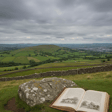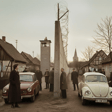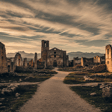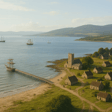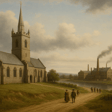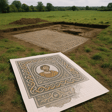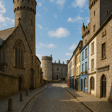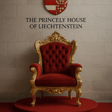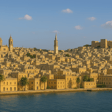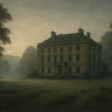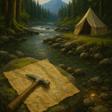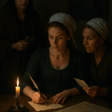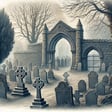
Eoin O'Duffy and the Blueshirts: Ireland’s Fascist Gamble
Episode seven of the new season of Pieces of History takes us into the tumultuous world of early 20th-century Ireland, where revolution, political upheaval, and shifting ideologies shaped the nation’s future. In this episode, we examine the life and legacy of General Eoin O’Duffy - one of Ireland’s most controversial figures.
Joining me is historian Jack Traynor, author of General Eoin O’Duffy: The Political Life of an Irish Firebrand. Together, we explore O’Duffy’s rise from his role in the Irish War of Independence and Civil War to his tenure as the first Commissioner of An Garda Síochána. We also examine his leadership of the Blueshirts, his embrace of fascist politics, and the broader European influences on his ideology.
From revolutionary hero to political pariah, O’Duffy’s legacy remains divisive. In this episode, we uncover the complexities of his character, the turbulent era that shaped him, and how his actions reflected both Ireland’s struggles and the wider political currents of the 1930s.
Email: piecesofhistorypod@outlook.com
Facebook: Pieces of History podcast
Instagram: @pieceofhistorypod
General Eoin O'Duffy: The Political Life of an Irish Firebrand
https://www.amazon.co.uk/General-Eoin-ODuffy-Political-Firebrand/dp/1476693269
